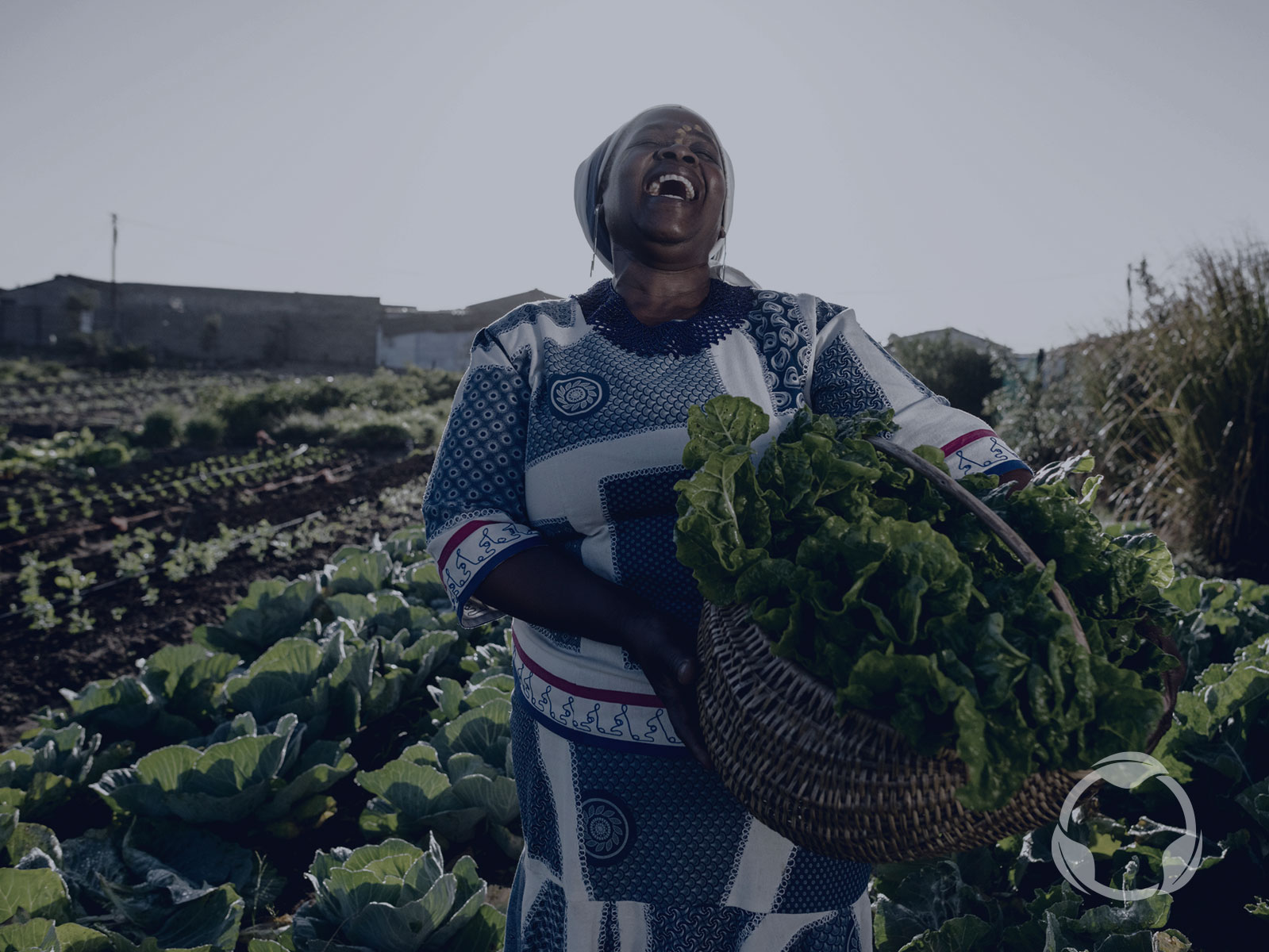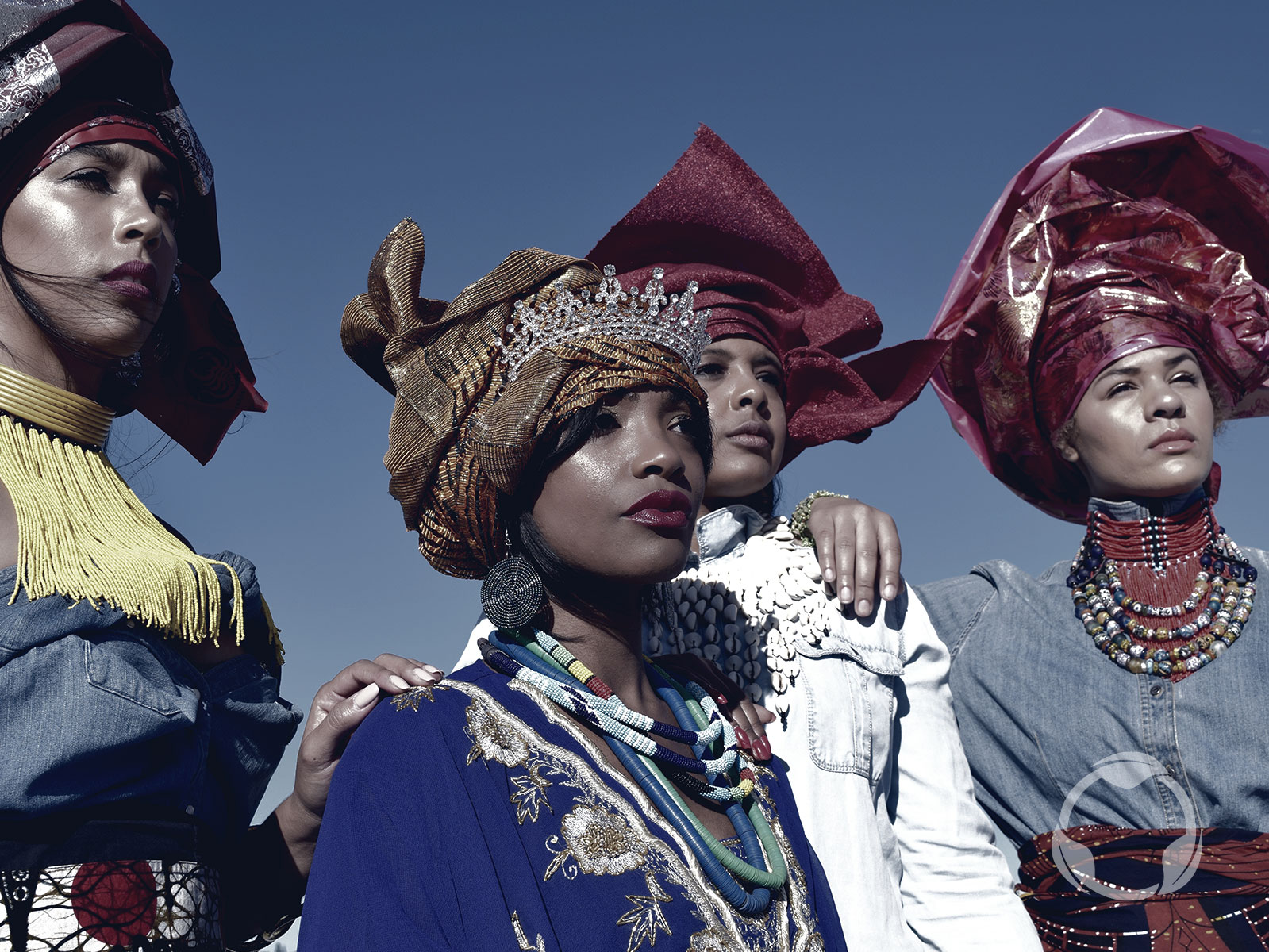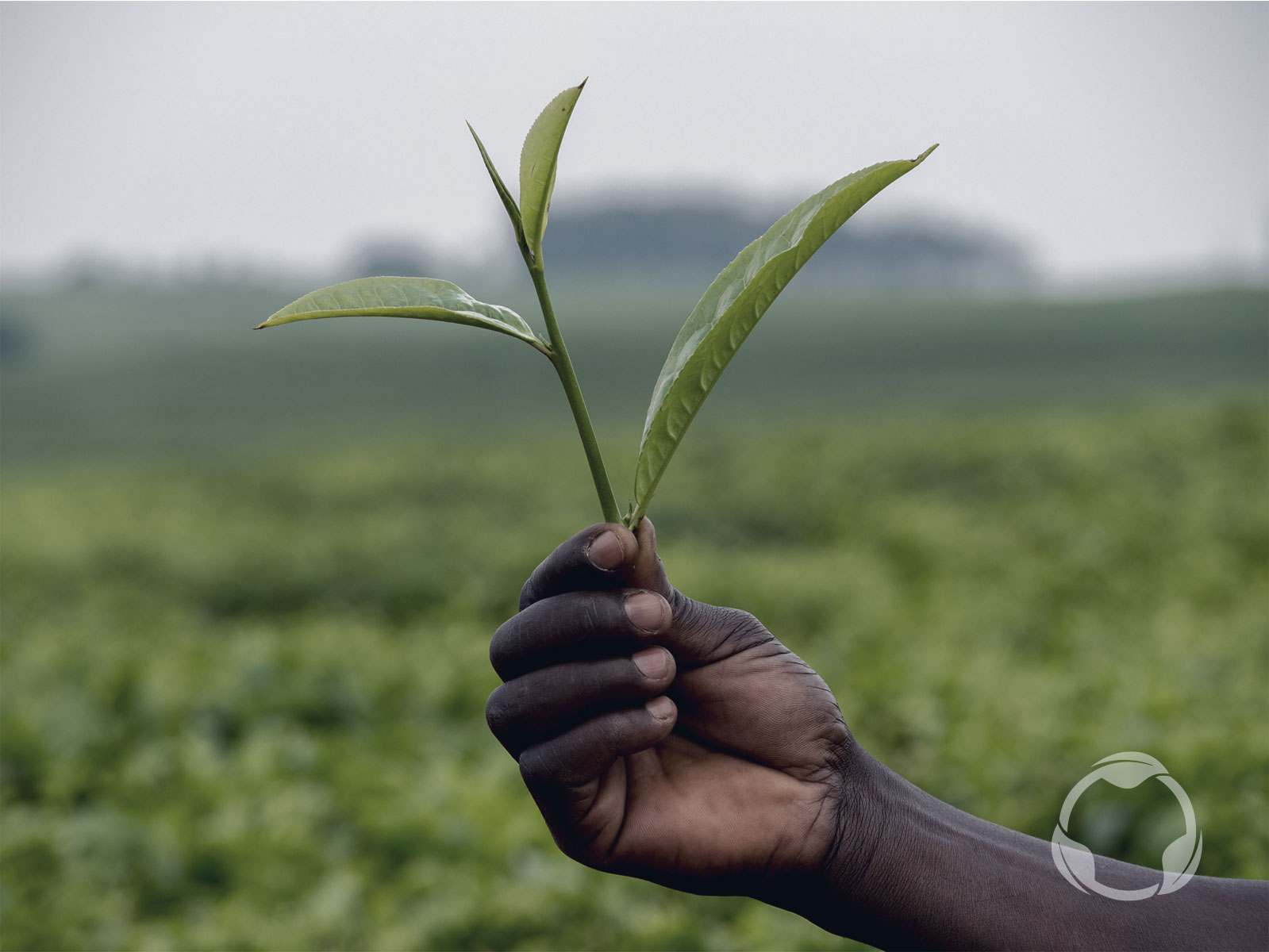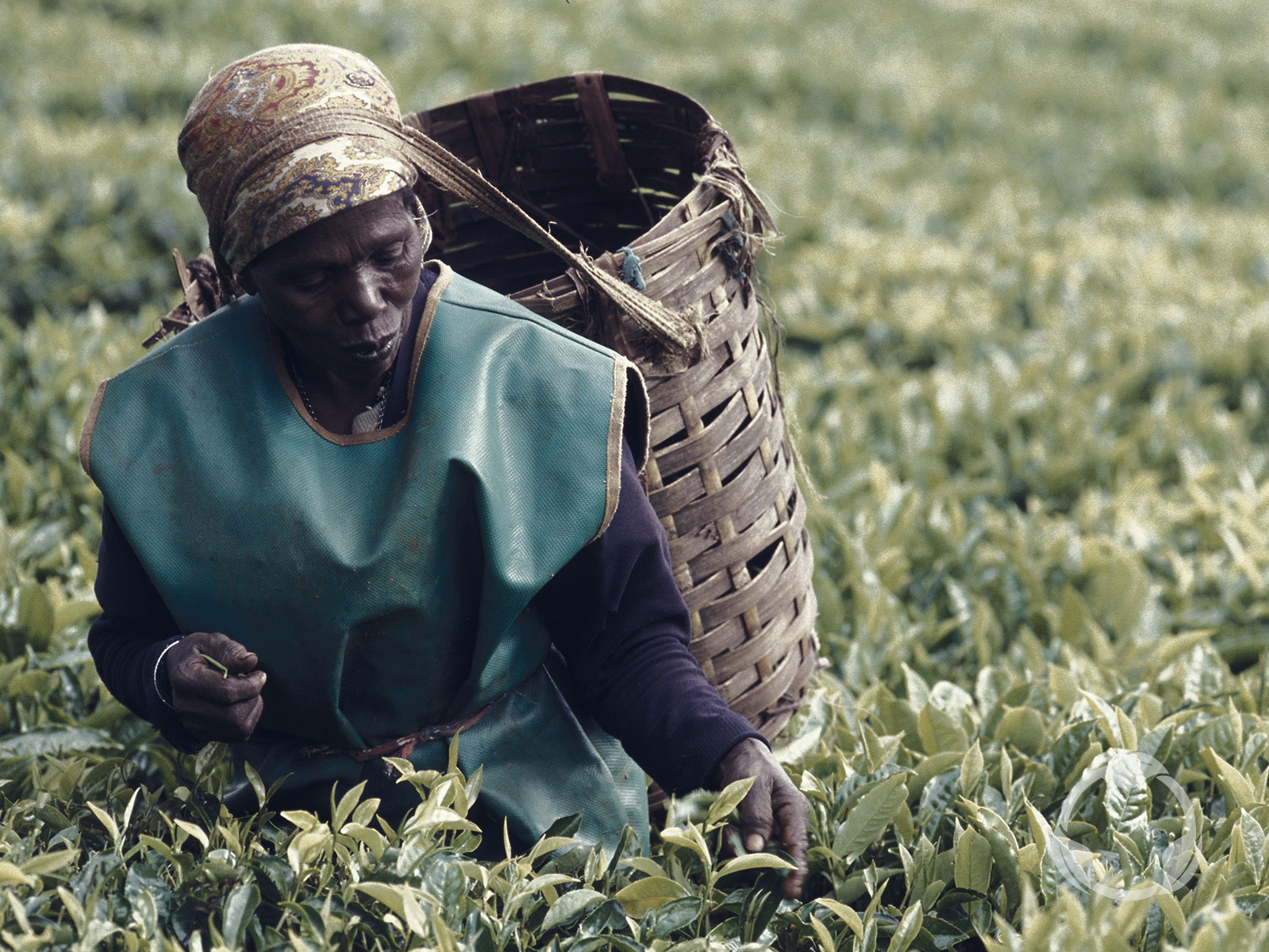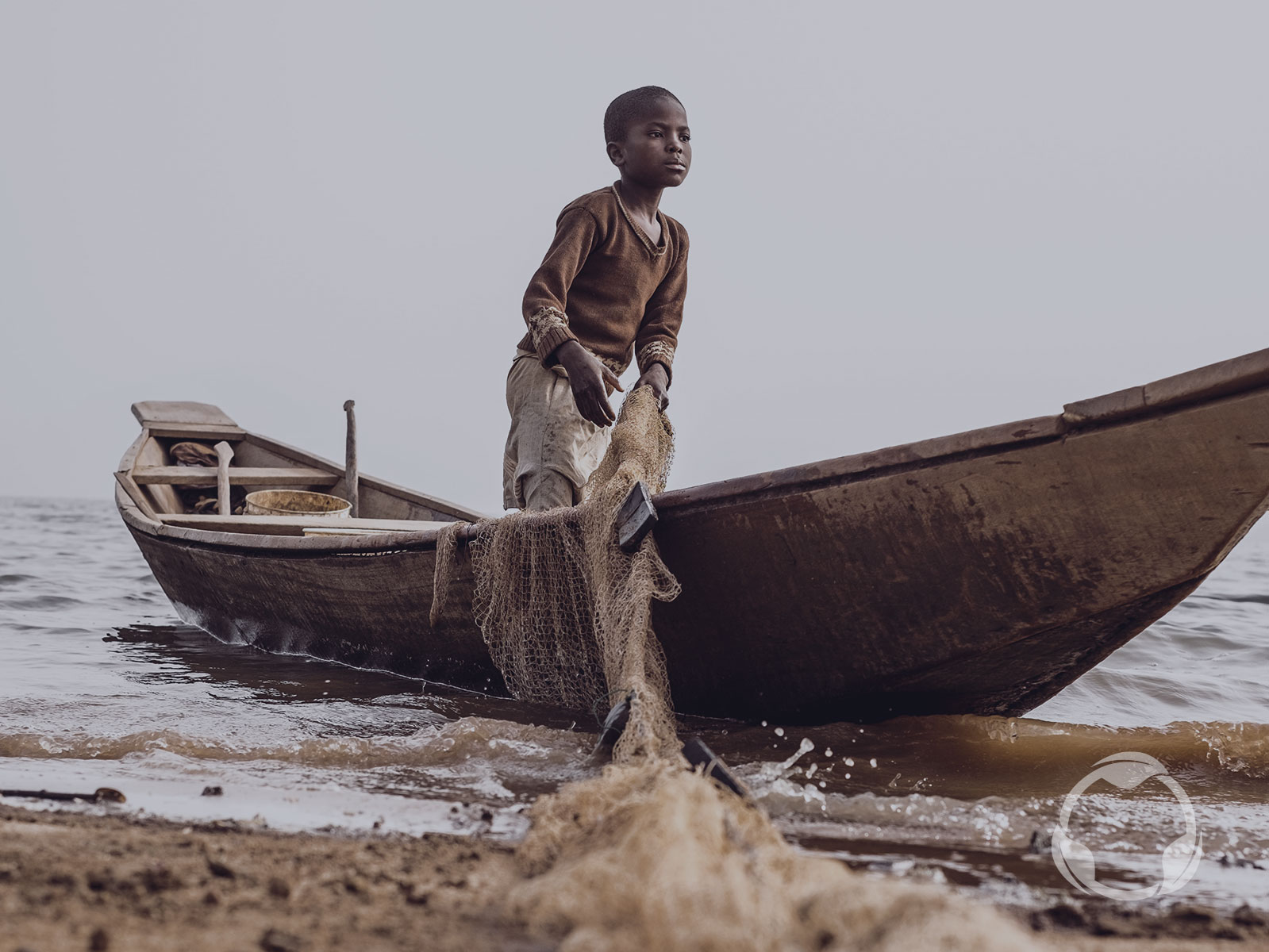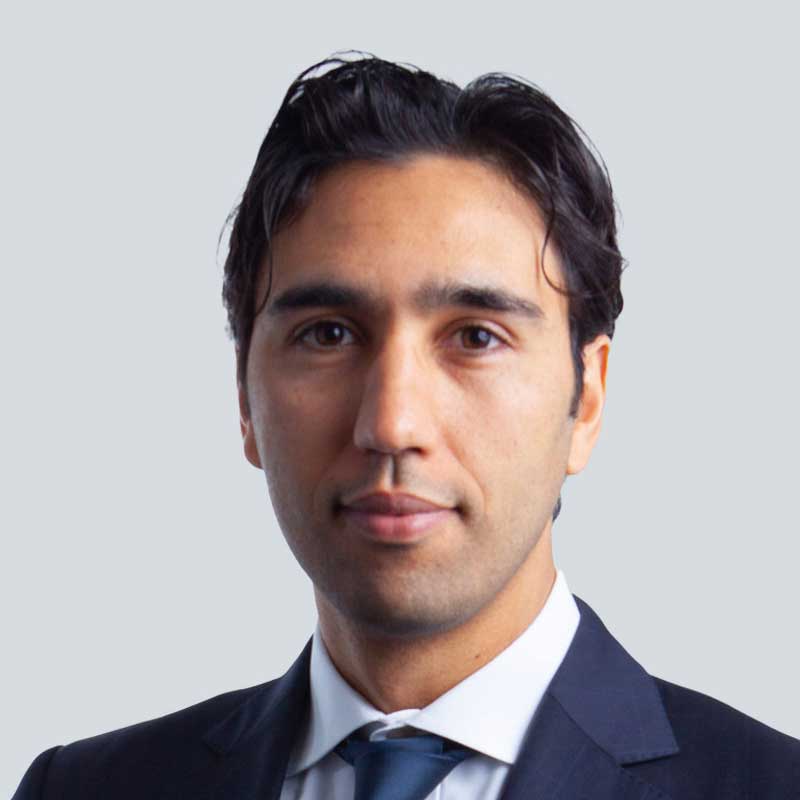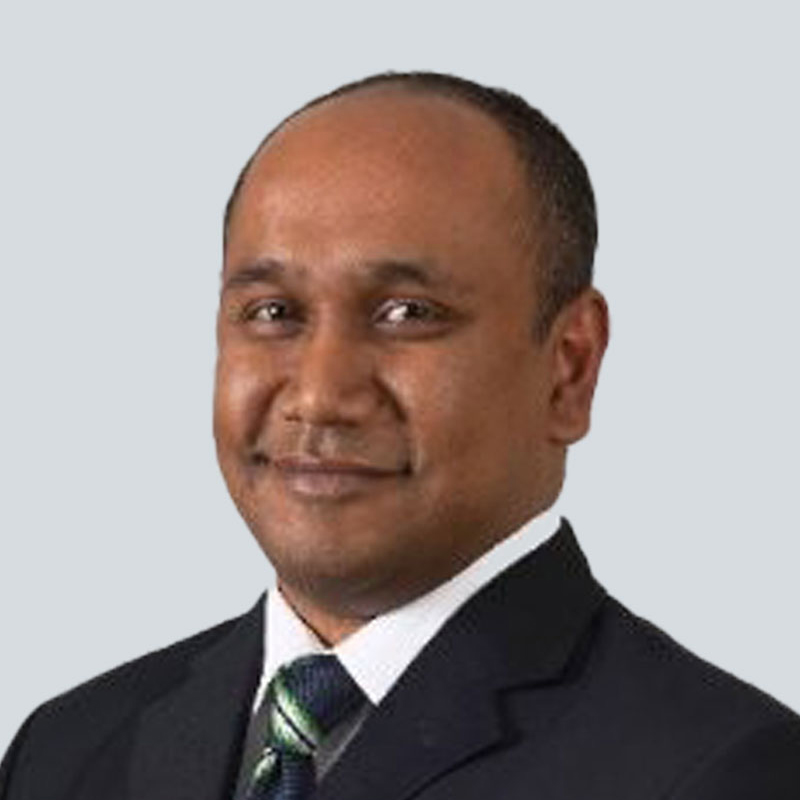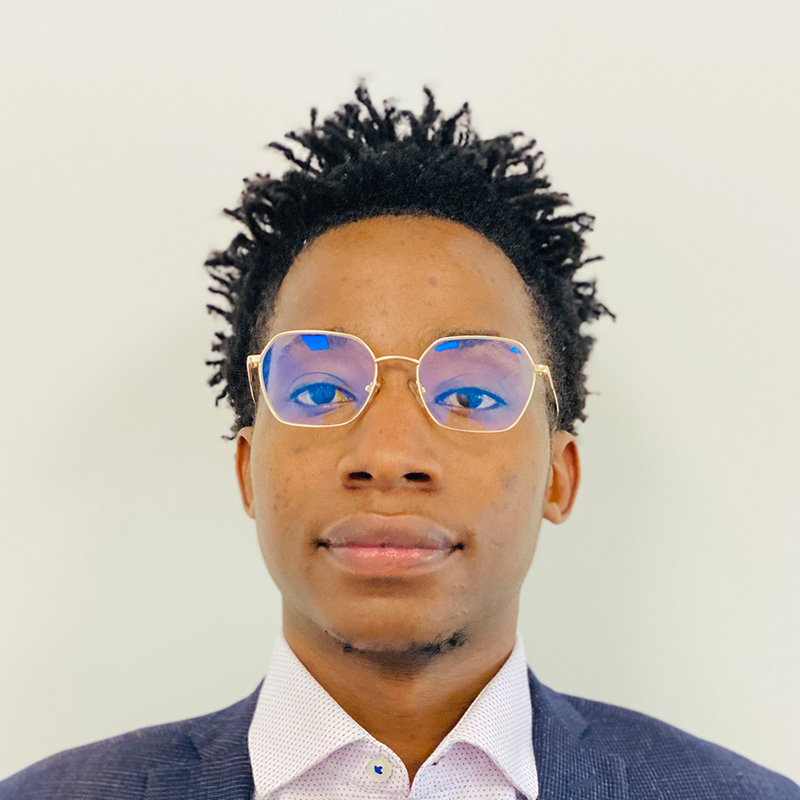
Africa once more in the sights of superpowers
While Asia has certainly been the key driver of emerging market development in the past few decades, Africa is once more in focus as a sphere of influence for some of the world’s largest powers.
Six of the world’s 10 fastest growing economies are in Africa, and according to the IMF, between 2018 and 2023, Africa’s growth prospects will be among the highest in the world. The long-term, compounding nature of this growth is attracting significant attention, as is the wealth of untapped natural resources. From a long-term food security standpoint, around 60 percent of the world’s uncultivated but arable land is in Africa. Add to this a growing middle class and gradually improving politics and trade policies, and Africa has become a magnet for foreign direct investment (FDI).
In fact, according to UNCTAD’s latest World Investment Report, in 2018 Africa not only avoided the global decline in FDI, but flows to the continent rose to $46 billion, representing an increase of 11 percent on the previous year.
The rise of impact investing in Africa
Impact investing is one of the fastest growing areas of asset management and continues to gather momentum. According to the Global Impact Investing Network, the industry had $502 billion of Assets Under Management (AUM) at the end of 2018, more than twice the previous estimate of $228 billion at the end of 2017. This definition is very loosely defined, and not all of it is what we would consider truly impactful, but at least the idea is becoming mainstream.
Sub-Saharan Africa has been a major recipient of this growing appetite for more impactful investing, with 14 percent of all “impact” allocations distributed to the region last year (third behind North America and Latin America). The continent offers many opportunities for impact, including housing, education, job creation, agribusiness and clean energy. Some sectors and geographies are coming from a very low base in metrics such as people employed, pay levels, gender disparity, workers’ rights and training – giving us an opportunity to really move the needle for workers in these countries.
With the opportunity to make a very large impact with relatively small amounts of money, it comes as no surprise that impact investors from across the world are sharply focused on Africa.
Eyebrows raised over nature of Chinese investment in Africa
Over the past decade, Chinese investment in Africa has exploded. Last year, Chinese President Xi Jinping pledged another $60 billion in financing for projects in Africa in the form of development assistance, investment and loans.
While many welcome China’s investments into desperately needed infrastructure, it’s not clear to what extent these investments are benefitting African people. One major problem is that many African countries are becoming heavily indebted to China. Angola, for example, is highly indebted to China, with an estimated bilateral debt of over $25 billion. Kenya has $50 billion of debt, 72 percent of which comes from China.
The American response
China’s influence in Africa appears to be causing more than a few headaches in Washington. For at least three decades, the continent’s abundance of underground resources has governed America’s commercial relationship with the continent. Oil, gas and minerals account for approximately half of all US direct investment in Africa.
But it seems to us that America is serious about addressing Chinese competition in Africa, and it’s looking to make some bigger bets to challenge Beijing’s power.
Enter the BUILD Act, a bipartisan effort, established by Congress in 2018, and something we at Origin are very excited about. The act establishes new financing models designed to support Africa and other emerging markets as they develop critical infrastructure. The act also stipulates that funding can be invested in equity, not just debt, and investments can be made in local currencies, not just dollars. Importantly, it opens the door to initiatives such as technical support, which in our experience benefits small-scale farmers tremendously.
By integrating parts of USAID into the U.S. Overseas Private Investment Corporation (OPIC), the act also allowed for the creation of the International Development Finance Corporation (IDFC). The IDFC consolidates all the previously disparate development finance activities of the US government into one better-mobilised organisation.
This year, America also launched Prosper Africa, a government initiative that unlocks better opportunities to do business in Africa. The goal of the initiative is to substantially increase two-way trade and investment between the United States and Africa.
The US ups the ante
It was recently announced that the IDFC (America’s development agencies) will double the money available for investment in low- and middle-income countries, many of which are in Africa. We believe that there are many reasons why the US is upping the ante in Africa now. Firstly, the IDFC wants to provide financially sound alternatives to “state-led initiatives” and to “help African countries avoid obscure and unsustainable debt traps”.
Secondly, the IDFC is also mandated to deliver development impact. By facilitating socio-economic development that supports independence and sovereignty, creates jobs, reduces inequality and contributes to the fulfilment of the Sustainable Development Goals (SDG’s), the IDFC is creating a win-win scenario for both investors and the recipient countries.
The general business-friendly approach of the BUILD Act, as well as other projects like Prosper Africa also have the goal of making the IDFC benefit US business. This is something we strongly support. Not only does it mean that development finance is likely to be more politically sustainable, but the team at Origin believes that investments… even “soft” impact investments… eventually have to make true commercial sense for them to be sustainable. We believe that a capitalistic, market-led approach can pull millions of people out of poverty – in fact, this is the key area where both the US and China seem to agree.
